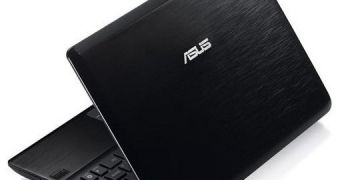It would appear that, mostly because of tablets, netbooks, otherwise known as low-end mobile computers, have begun to sell for lower prices, in an effort to stem the apparent decline in demand.
Early last year, most analysts were certain that the netbook market would only start growing, but it seems those hopes may have been premature.
At some point during the first half of 2010, symptoms of market saturation begun to be felt, and by the time new and better hardware came out, the consumer base was already intrigued by the nascent tablet market.
Granted, just a handful of slates, the iPad being the most prominent (obviously), actually started selling last year.
Nevertheless, the fact remains that tablets have already started to eat away at the market share of low-end laptops, enough so that vendors have had to take measures to differentiate between the two electronic form factors.
According to a recent report made by Digitimes, emerging markets still show strong demand for netbooks, but most vendors reduced ASPs (average selling prices) anyway.
Among the companies that adopted this tactic meant to boost sales are Toshiba (the NB500 is a dual-core Atom-based model), ASUS (Eee PC 1015PEM) and Acer (the dual-boot machine).
To be more specific, Toshiba's product now costs NT$9,900 instead of NT$14,.000, while the 10.1-inch ASUS computer dropped to around NT$10,000.
As for Acer's own, dual-OS (Android and Windows 7) product, it should be found for about NT$11,000.
Meanwhile, companies dealing in netbooks powered by the older-generation Atom chips (Atom N450) have reduced their prices to about NT$8,000-9,000.
Among the reasons why netbook vendors are expected to continue their businesses is the expectation that the tablet market will come to be dominated by 5-10 brand vendors, leaving all the others with no recourse but to settle for the entry-level laptop segment.

 14 DAY TRIAL //
14 DAY TRIAL //